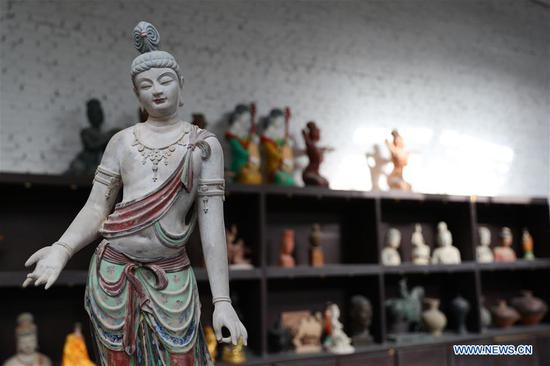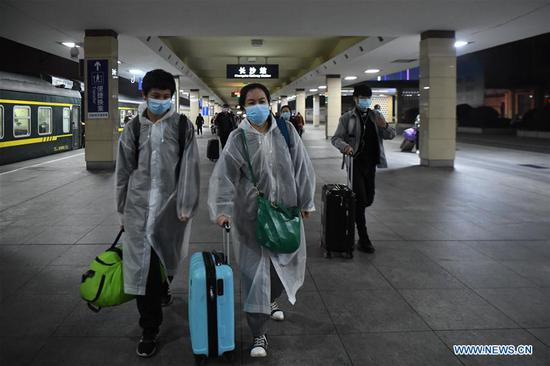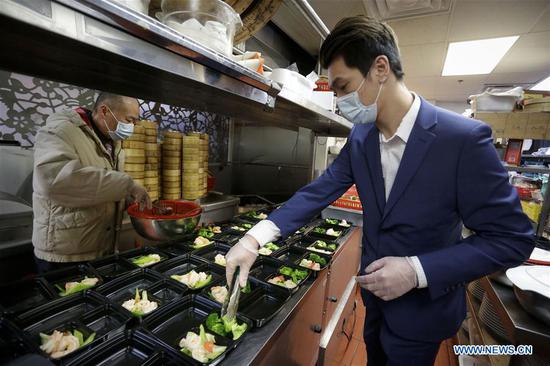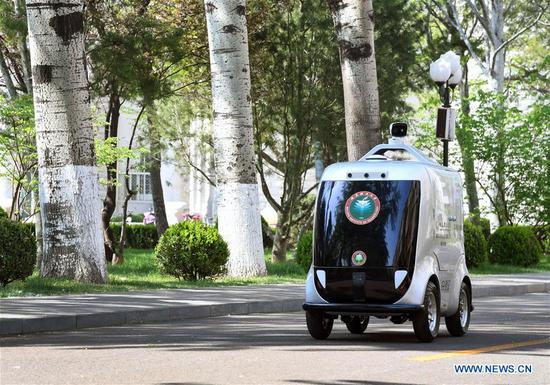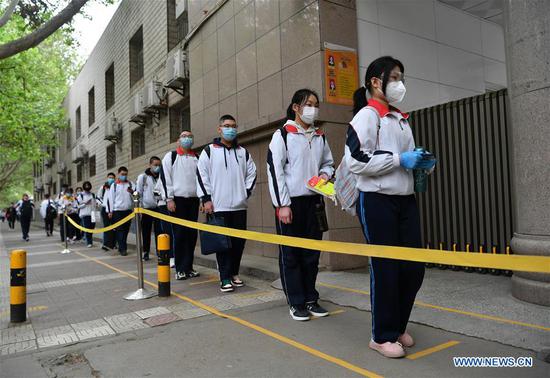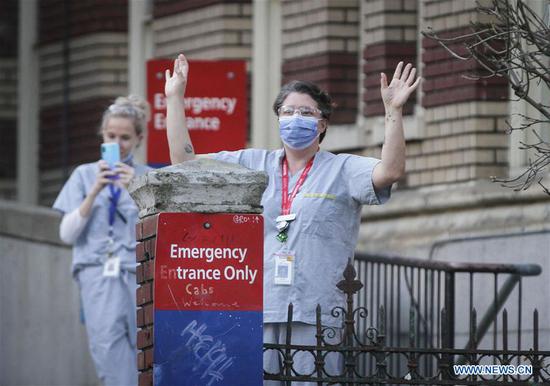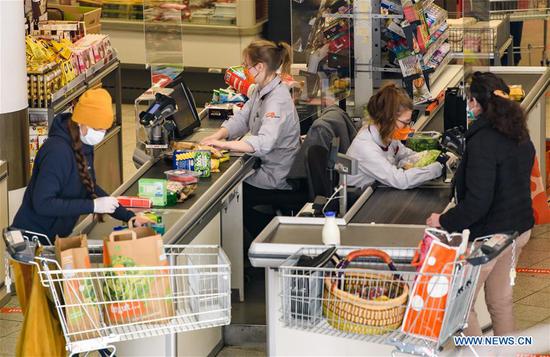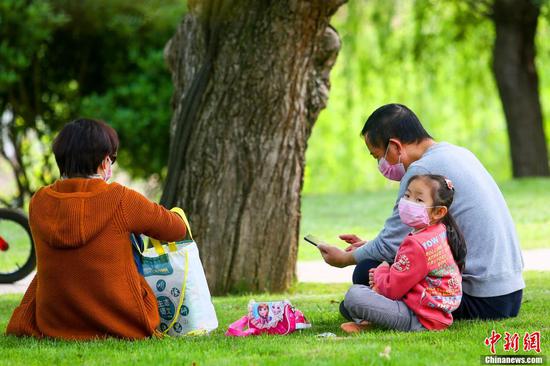Consumers with family obligations, people older than 35, business owners and Democrats were more likely to be extremely concerned about COVID-19 in mid-March, amid increasing U.S. response and news about the virus, according to an analysis of consumer survey responses posted on the website of Northwestern University (NU) on Tuesday.
Professor Martin Block of NU Medill School of Journalism, Media, Integrated Marketing Communications analyzed a survey of 7,800 consumers conducted by the consumer research company Prosper Insights &Analytics, comparing data from March 2020 to averaged data from the previous six years.
In March, the most recent monthly survey asked a series of standard consumer questions that are asked every March, but this year also included questions about COVID-19.
Overall, 22.8 percent of all adults said they were extremely concerned about the COVID-19 pandemic in the March 2020 Prosper monthly survey, and 17.6 percent said they were not concerned at all. The balance of consumers said they were very concerned or slightly concerned.
Block measured the level of concern among groups, rating them as "extremely concerned" to "not at all concerned." Concentrating on the extremes, the data suggest four general segments of consumer reaction to the COVID-19 pandemic.
In addition to being older, one of the groups most at risk from COVID-19, respondents who were extremely concerned were likely to have family obligations, the data show. They tended to be people who are married, have children and pets, and are often members of shopping clubs, like Costco and Amazon.
"The biggest variable in that group is having children; if you have children you are much more concerned than if you don't," Block said.
Those groups reporting significantly less concern or being "not at all concerned" include younger, single and childless people, the data showed.
Political affiliation is also an indicator. People who self identified as Democrats were more likely to be extremely concerned than people who identified as Republican.
The pandemic crisis also appears to be accelerating the shift to online shopping, particularly for mobile. Overall, physical stores sales have declined by an average -1.2 percent, whereas online sites show an average one-percent increase, the survey showed.
"Over the last decade or more, we've seen a slow move to online, and now this (crisis) has really bumped it up," Block said. "In almost every category people say they are doing more on their phones. The increases in mobile shopping may be one of the most important impacts."













